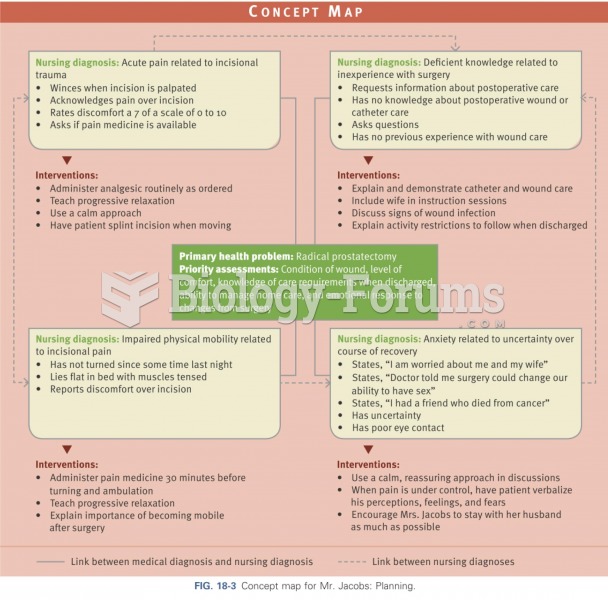Answer to Question 1
Donald Meichenbaum (1985, 1996) developed stress inoculation training (SIT) as a cognitive-behavior modification training program to prepare individuals for stressful future encounters or to treat current excess stress. The inoculation concept is based on the principle of fortifying individuals with coping skills (i.e., inoculating them) so that when they encounter anticipated stressful events they will be prepared. SIT uses a combination of cognitive and behavioral skill-building approaches such as educating, raising self-awareness (i.e., self-monitoring), cognitive restructuring, problem solving, relaxation training, and rehearsing. It consists of three phases called the (1) conceptual educational phase, (2) skills acquisition and skills consolidation phase, and (3) application and follow-through phase (Meichenbaum, 2007, p. 501).
In the conceptual educational phase the goal is to help clients understand their stress-related problems through collecting information and then presenting the information to them in a collaborative manner that engenders hope. The second phase emphasizes the development of coping skills for dealing with target stressors. These may include use of coping self-statements, anger management, cognitive restructuring, relaxation, assertiveness training, problem solving, use of social support, emotion-focused coping to deal with uncontrollable stressors, and so forth. Last, the application and follow-through phase involves practice applying these skills during increasing levels of stress. Role playing, modeling, and exposure to real life stress situations are used as well as techniques to prevent relapse such as learning to identify and rehearse for high risk situations.
Answer to Question 2
We can self-challenge our irrational beliefs through asking ourselves questions such as (1) What evidence supports or refutes this belief? (2) Is this belief rational or logical? (3) What is a more rational belief that I can substitute for this irrational belief? For example, a perfectionist can use self-talk, the silent internal dialogue we have with ourselves, to say I would like to have done well on the exam, but even though I didn't do well, I am still a worthwhile person who in the past did well on other exams and will do well in the future.. In this way, the absolutistic language of have to is substituted with more flexible language such as I would like to and the consequences are not seen as a reflection of self-worth or future catastrophes.







